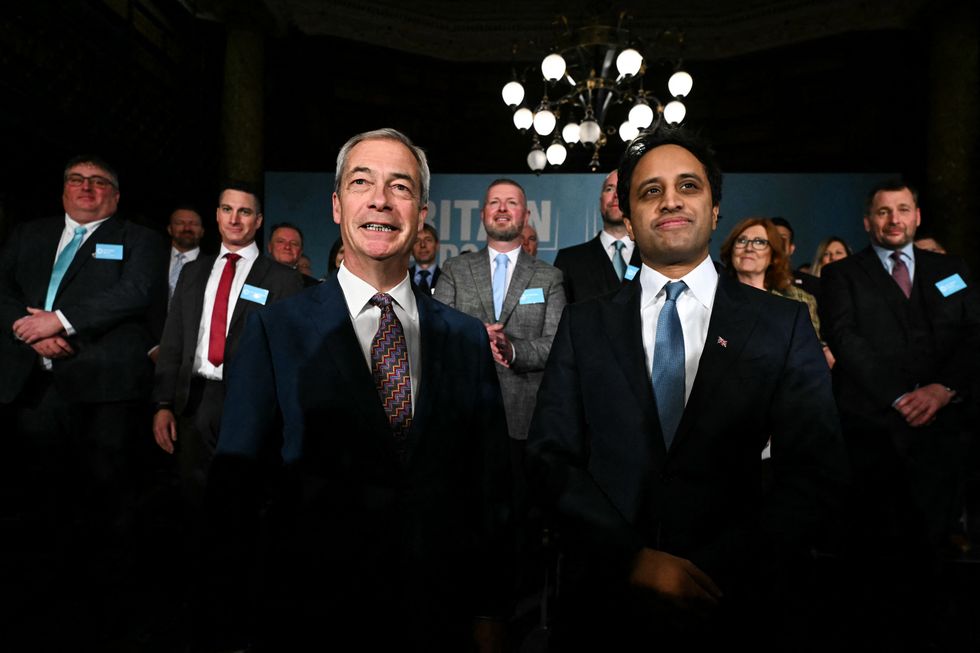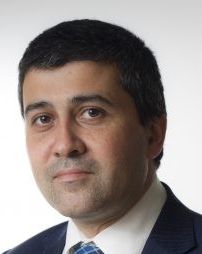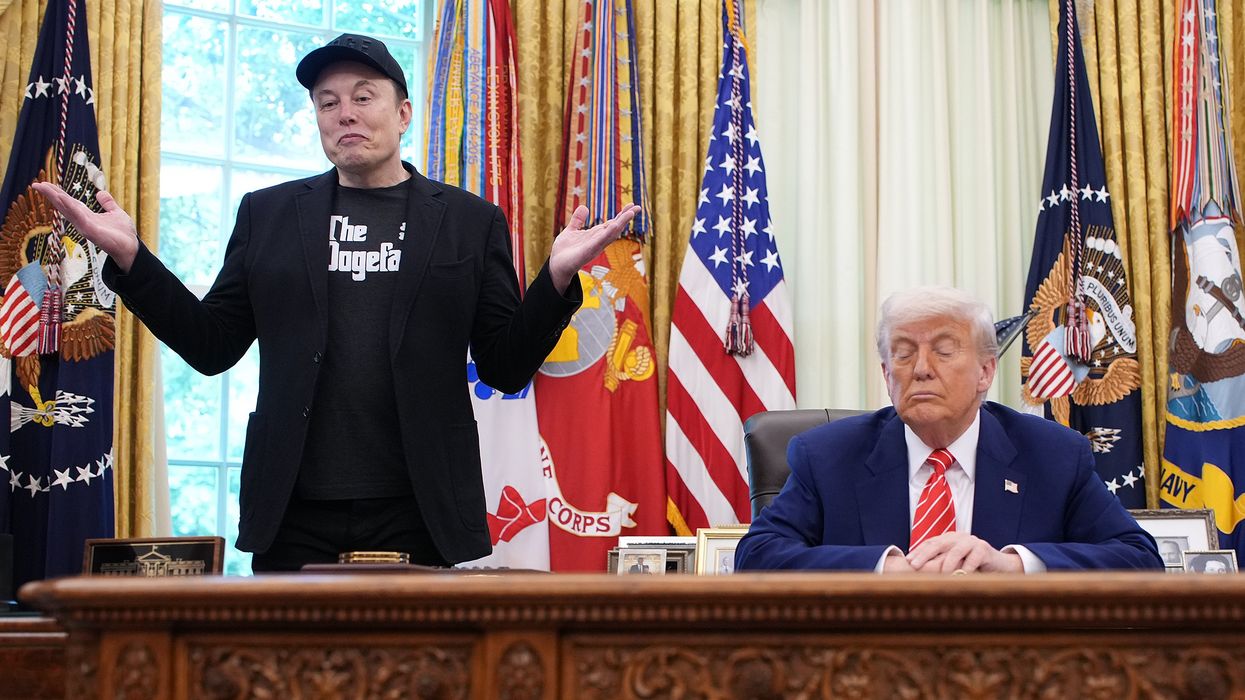THE US president Donald Trump and billionaire businessman Elon Musk went to war on social media.
Geert Wilders brought the Dutch government down after less than a year. Nigel Farage scrambled to hold his Reform team together.
Populism is a potent political force – but this week demonstrated the power of populist politicians to destabilise themselves too.
A Trump-Musk break-up always was more a question of when, than if, given the egos involved. Musk criticised Trump for his large spending bill. Trump threatened retribution against Musk’s companies – knocking a sixth off the Tesla share price. Musk declared Trump would not be president without his money. “Such ingratitude,” he tweeted. Trump acolyte Steve Bannon declared that he wanted to see Musk deported.
Musk is the Citizen Kane of our times. Even having the biggest media megaphone of the age and the highest spending did not guarantee political success. Trump came to see Musk as a political liability, as growing mistrust of the erratic billionaire’s motives offset the power of his money.
Musk is much more toxic in Britain than America. That story can be told in three words – familiarity breeds contempt. Most people had no firm opinion of Musk before he bought Twitter three years ago. YouGov shows disapproval of Musk rocketing from 60 per cent to 70 per cent to 80 per cent over the past year.
Most British Twitter/X users feel he made the platform worse. No other platform did so much to amplify the misinformation and hatred that fuelled the racist riots. Reform voters had been the only pro-Musk segment post-riots, but Musk’s attack on Farage for refusing to embrace Tommy Robinson split the Reform voters against him too.
Twitter/X is a tinderbox – the irresponsibility of its ownership exacerbates the real and present danger it presents during any future flashpoint. Yet Musk’s relationship with Trump was a significant impediment to tackling this. The platform uses its relationship with the Trump administration as a shield, threatening the UK or EU governments if they intervened. The Trump-Musk break-up could offer a new opportunity to at least make the platform uphold its duties to remove unlawful content. It is awash with rape and deportation threats – which the Twitter/X’s broken complaints system usually defends. That is a breach of the platform’s legal duties to provide an equal service to women or to ethnic minorities.

The government recently announced its preferred candidate for the EHRC [Equality and Human Rights Commission] chair, Dr Mary-Ann Stephenson, who will now face parliamentary committee hearings. MPs should ask her whether the regulators’ legal powers apply when major platforms breach their duties.
The Washington social media war of words was in stark contrast to how Nigel Farage handled a twitterstorm within the Reform party.
His party chair, Zia Yusuf, declared it “dumb” for the party’s new MP to be asking the prime minister last week to ban the burqa. Yusuf then quit, declaring that trying to make Farage prime minister was no longer a good use of his time.
Farage gave a strikingly unTrumpian response. He empathised with the racism that Yusuf has faced as a Muslim public voice – though attributing much of it to ‘Indian bots’ deflected attention from the racism within the online right.
Farage’s emollience was rewarded. Yusuf declared his resignation was a mistake. He even implausibly claimed he would probably vote to ban the burqa himself. He told the Today programme that Reform would deport 1.2 million illegal migrants – a patently impossible pledge, even if there were that many people without secure legal status. Yusuf moving towards the party’s base might signal an ambition to be a Reform general election candidate.
Farage handled the crisis with skill: reinforcing his rejection of the overtly racist fringe, while hardening the party line on integration. Yusuf was not offered his old job as party chair back. He will volunteer, instead, as chair of a “DOGE” [Department of Government Efficiency] taskforce, named in tribute to Musk.
Reform have talked up Yusuf as having “professionalised” the party from a low base. Yet the DOGE initiative could hardly have begun more unprofessionally. Yusuf declared a ‘gotcha’ moment – claiming to have found Kent County Council spending £87 million a year on recruitment advertising. This was an absurdly false claim. Former Kent County Council leader, Roger Gough, pointed out that Yusuf had simply not understood the document. Kent was raising revenue by hosting a national framework, yet Yusuf had attributed any possible spending across England as profligacy by the council.
Whether his mistake was unwitting or more cynical, it resonated by confirming the biases of Reform’s supporters. How long it takes Yusuf to retract his mistaken Week One headline claim is now a simple good faith test of whether the DOGE process attempts to be at all credible.
Yusuf is presented by Reform as the professional among populists – that may demonstrate just how untested the party’s credentials to provide a potential government still are.

Sunder Katwala is the director of thinktank British Future and the author of the book How to Be a Patriot: The must-read book on British national identity and immigration.





